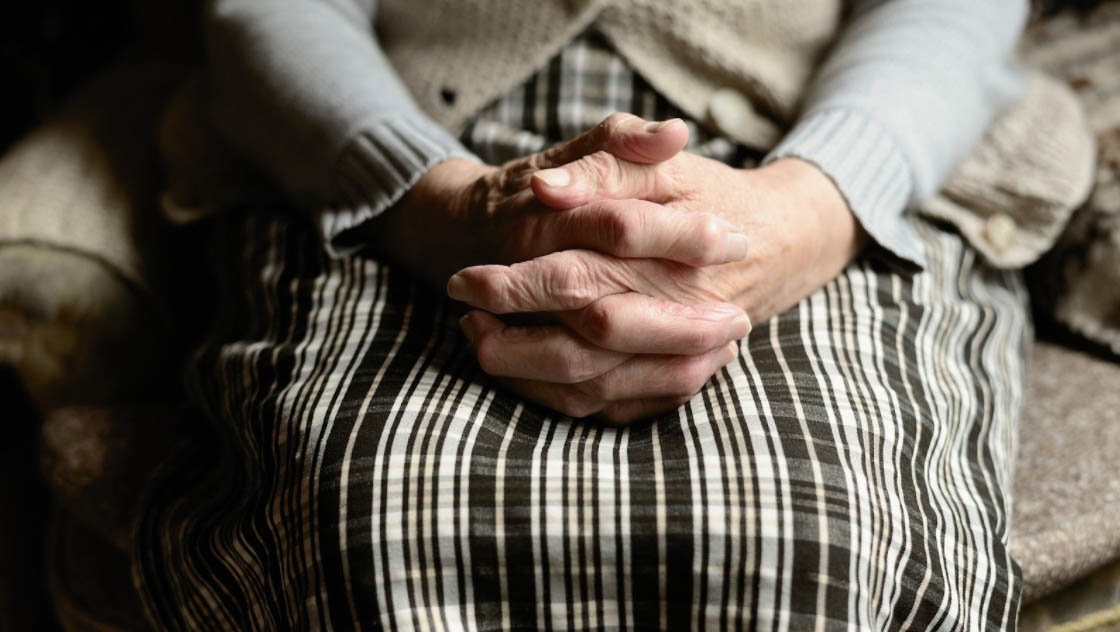
What to do if a loved one is diagnosed with alzheimer’s or dementia
When a loved one is diagnosed with Alzheimer’s or dementia, you know it’s going to be a rocky road ahead. Caring for them can be difficult, challenging, and often stressful.
There are things you can do to make your caregiving journey more rewarding, for example, developing schedules and routines, allowing them independence, and arranging legal guardianship in AZ for when they’re unable to manage their affairs.
In the US, more than 16 million people care for someone with dementia or Alzheimer’s. For many of these people, the caregiving journey is a very rewarding one. However, many will admit that it can also be overwhelming at times.
If you have a loved one that’s just been diagnosed with Alzheimer’s or dementia, or if you’re already caring for someone, here are some things you can do to make life a little easier.
Make a Plan
There will eventually come a time when your loved one becomes too unwell to care for themselves, which makes a long-term plan essential. The plan might include arranging for someone to look after them part or full time. In addition, you might need to arrange home visits or consider finding a care home that caters to people living with dementia.
Of course, it’s going to be scary to think so far ahead, but having everyone’s best interests at heart is very important. Include discussions about wills and executors and legal guardianship.
Help Empower the Person
It’s crucial for a person living with dementia to feel in control of their life for as long as possible. To help them remain independent for longer, create a calendar, kind of like a to-do list, with everything they do routinely.
Help them to feel in control by asking them, “What have you got on today?” Help them plot everyday tasks on the calendar, so they get a sense of freedom.
Recognize You’ll Go Through a Variety of Emotions
When you first hear of a loved one’s diagnosis and understand the changes it will bring, you can feel a range of different emotions. Denial, anger, frustration, fear, embarrassment, guilt, and sadness are just a few of those you might feel.
Remember that all these emotions and more are perfectly normal and common among caregivers.
Learn About the Disease
Learn about the disease and how you can provide care. First, find out how it can affect a person and what changes you can expect. Then, look for ways to offer help and support so your loved one can maintain their independence and quality of life.
It’s equally important that you help others that are close to your loved one understand as well. Share any information you find with them.
Explore Options for Treatment
Alzheimer’s is currently a disease that has no cure. However, medication is available that can help with some of the symptoms.
Don’t Lose Sight of the Person
Dementia can affect people in different ways, but whatever happens, it’s essential that they are treated with dignity and respect. Your loved one will lose certain abilities, but remember that their feelings and emotions will remain. Their need for companionship and a sense of belonging is something else that won’t change.
Focus on their remaining abilities and provide activities and interactions you know will bring them a sense of joy, celebration, and achievement. This will help improve their quality of life and help maintain their sense of self.
Look After Yourself
Caring for a person with dementia will take its toll on your health and wellbeing. Caregivers are often at risk of developing emotional and physical problems. Always be aware of this and make sure you take the steps needed to take care of yourself.
Stay active, make healthy food choices, and maintain your physical health. Make time in your schedule for activities you enjoy.
Seek Help
Lots of help is available for people who care for those living with dementia. There may be a support group in your area where you can go and share your emotions and feelings. Perhaps a member of your family or good friend will lend a sympathetic ear.
It may be possible for you to get help with practical services such as household or caregiving tasks. It helps if you first determine what help you need, think about your strengths and weaknesses, what you need, and what would help you in your caregiving role. It’s often the case that family and friends want to help but aren’t sure how to do it. Work out who might be able to help and then ask them.
The key is finding an outlet where you can feel comfortable expressing your feelings. It’s very easy for caregivers to feel lonely and isolated. However, staying connected with the people around you is essential.








